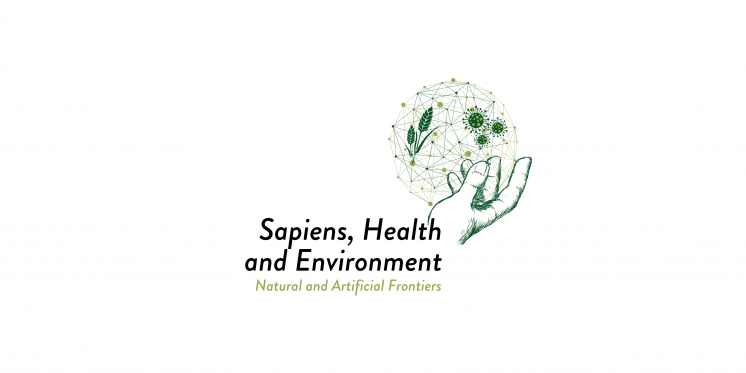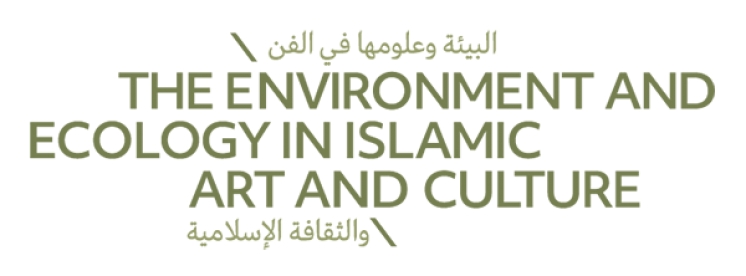News
IV Report(H)a Meeting - PROGRAMME
The programme is now available!
The IV Report(H)a meeting - "Sapiens, Health and Environment Meeting: Natural and Artificial Frontiers", from 14 to 16 October, will be entirely online with access through a virtual platform developed for it.
The access links and credentials to enter the virtual platform will be sent to the participants at the beginning of next week.
We inform you that you can download the programme with the description of the Meeting's sessions through the website:
https://www.reporthameeting2021.com/
---------------------------
O programa já se encontra disponível!
O IV Encontro Report(H)a - "Sapiens, Saúde e Meio Ambiente: Fronteira naturais e Artificiais", de 14 a 16 de outubro, será totalmente em formato online e com acesso através de uma plataforma virtual desenvolvida para o mesmo.
Os links de acesso e as credenciais para a entrada na plataforma virtual serão enviados no inicio da próxima semana aos participantes registados.
Informamos que podem fazer o download do programa com a descrição das sessões do Encontro através do website:
Paulo Vasconcelos
The Environment and Ecology in Islamic Art and Culture - Online symposium
The Environment and Ecology in Islamic Art and Culture
9th Biennial Hamad bin Khalifa Symposium on Islamic Art
Online November 8-15, 2021
https://islamicart.qatar.vcu.edu/
An eco-conscious ethos is intrinsic to Islamic scripture and culture. This sensitivity profoundly influences the relationship between human beings, deputized as stewards of nature by Allah, and the environment they inhabit. Historical and contemporary Islamic visual traditions have demonstrated this consciousness in urban planning, landscape architecture, water management, and many other art forms. Despite this awareness, in the present epoch of the Anthropocene, human intervention has caused irreparable damage to the planet’s biodiversity and ecosystems. As art history shifts its disciplinary attention to the unfolding global crisis, this symposium considers how an ecological art history can examine objects, materials, and the built environment through the lens of Islamic culture. It also seeks to push beyond binaries of human/non-human and culture/nature in which the human and the cultural are privileged over other species and the natural world. Humans, within this ontological framework, are part of the environment and in possession of unique capacities necessary to address climate change, sustainability, and environmental conservation.
The Symposium will be held online on Zoom this year, with programming taking place live between November 8 and November 15. For a daily schedule, please visit the Program page. This event is free, but registration is required.
IV REPORT(H)A Meeting - REMINDER
We remind you that registration to the IV REPORT(H)A meeting is open:
https://www.reporthameeting2021.com/en/registration
Programme update: The meeting programme will be anounced soon.
Stay tuned for more information!
------------------------------------------------------------
Lembramos que se encontram abertas as inscrições para o IV Encontro REPORT(H)A:
https://www.reporthameeting2021.com/pt/inscricao
O programa será divulgado brevemente.
Fellowships at RCC Munich and at Heidelberg University
The Rachel Carson Center is one of six partners of the Joint Center for Advanced Studies "Worldmaking from a Global Perspective: A Dialogue with China". The Joint Center is currently offering research and visiting fellowships for scholars from any country to visit Heidelberg and Munich in 2022 and for researchers based at a German university to conduct fieldwork or archival work in China, Hong Kong or Taiwan.
You can find the call for applications in https://www.worldmaking-china.org/en/fellowprogramm/p3/index.html
Ideally, visiting fellows would team up with colleagues at Heidelberg University or the Rachel Carson Center in Munich.
The application deadline is October 10, 2021. All applications and inquiries are handled through Heidelberg University. In case of any questions, please contact Emily Tsui: This email address is being protected from spambots. You need JavaScript enabled to view it.






